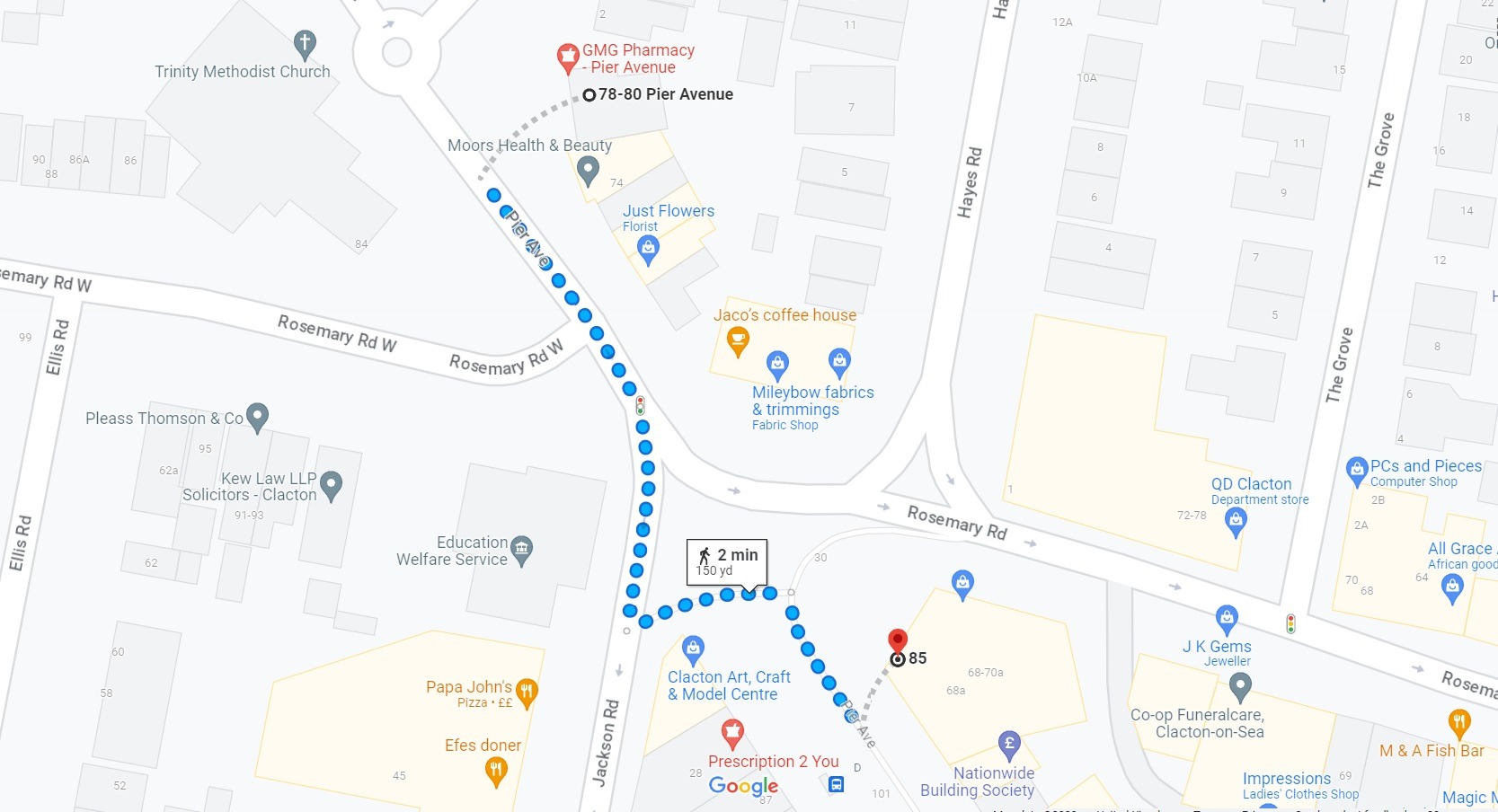Why is the Hepatitis B Vaccine Important?

The hepatitis B virus (HBV), which can be prevented by vaccination, causes hepatitis B, a liver infection. Hepatitis B can be transmitted when blood, semen, or other bodily fluids from an infected person enter the body of a person who is not infected. Before travelling outside the country, it is critical to understand the dangers presented by the virus and how to keep safe. Continue reading to find out more about the hepatitis B vaccine in Clacton.
The hepatitis B disease
Black urine, yellowing of the eyes, and stomach ache are a few of the symptoms. Some people, especially children, don’t even show any symptoms. Chronic hepatitis B may cause liver failure, scarring, or the emergence of cancer.
Typically, the issue resolves itself. Medication and even a liver transplant are required in chronic conditions.
Hepatitis B vaccine in Clacton
Hepatitis B vaccination is available through the NHS as part of its routine immunisation programme. The vaccine is also administered to patients who are deemed to be at a greater risk of contracting hepatitis B or its side effects.
The vaccine protects against hepatitis B infection, a significant cause of serious liver damage.

Who needs the hepatitis B vaccine?
To avoid infection, hepatitis B vaccination should be given to all newborns. This is due to the possibility that the disease, which can last years in children, could result in problems including liver scarring or liver cancer.
At 8, 12, and 16 weeks of age, all infants get the 6-in-1 vaccination, which comprises the hepatitis B jab.
Newborns who are at risk of contracting hepatitis B from infected mothers at birth, 4 weeks, and 1 year receive extra doses of the immunisation. Children and people in high-risk groups in the UK receive the vaccine despite the low risk of hepatitis B.
Anyone who could contract hepatitis B or experience major side effects should get vaccinated as well.
These people include:
– Those who inject drugs with needles or have a partner who does
– Those who regularly switch partners for sexual reasons
– Men who engage in sex with other men
– Babies whose mothers are infected
– Sexual partners or close relations of hepatitis B patients
– Individuals who frequently receive blood, as well as their caregivers
– Those who experience any type of chronic liver or renal impairment
– Visitors to high-risk areas
– Sex workers including both men and women
– Those whose jobs require them to handle blood or other bodily fluids, including nurses, prison guards, dentists, doctors, and lab workers
– Prisoners
– Families that adopt or foster children from risky countries
– A number of foster parents
– Residents of special facilities for people with learning difficulties
– Those who help people with profound learning difficulties
It’s also important to get other vaccinations such as the yellow fever vaccine to help you stay protected. Learn more about the yellow fever vaccine in our previous blog post here:
What does the hepatitis B vaccine involve?
The hepatitis B vaccine must be given three times at the prescribed intervals in order to provide complete protection.
6 doses of a hepatitis B vaccination will be given to newborns whose mothers have the disease to assure long-term protection. If you work in healthcare or have kidney problems, you’ll need a follow-up visit to evaluate the vaccine’s effectiveness.
If the occupational health department at your place of employment gave you the vaccination, you can ask for a blood test to determine how you responded to it.

How effective is the hepatitis B vaccine?
Hepatitis B vaccination is very effective. Nine out of ten recipients of the jab have full protection.
It’s possible that the vaccine won’t be as effective in those who:
– Are at least 40 years old
– Are overweight
– Smoke
– Regularly drink alcohol, particularly if you have severe liver disease
The hepatitis B vaccine may not function as it should if your immune system is weak or you are getting renal dialysis. The vaccine may need to be administered more often.
Hepatitis B vaccine side effects
Hepatitis B vaccination is both reliable and safe. Side effects are uncommon, with the exception of a tiny portion of redness and pain at the injection site. Given that the immunisation is inactive (dead), it cannot spread disease.

How long is the vaccine effective?
The first three vaccine doses have a high response rate and usually result in strong or even full immunity. However, it has been noted that this amount decreases significantly in the first year before declining progressively in the years that follow. It is unknown how long adults will be protected from hepatitis B after receiving the vaccine.
Book your appointment with G.M. Graham Pharmacies to get your hepatitis B vaccine in Clacton.
This post was written on behalf of G.M. Graham Pharmacies by Pharmacy Mentor
